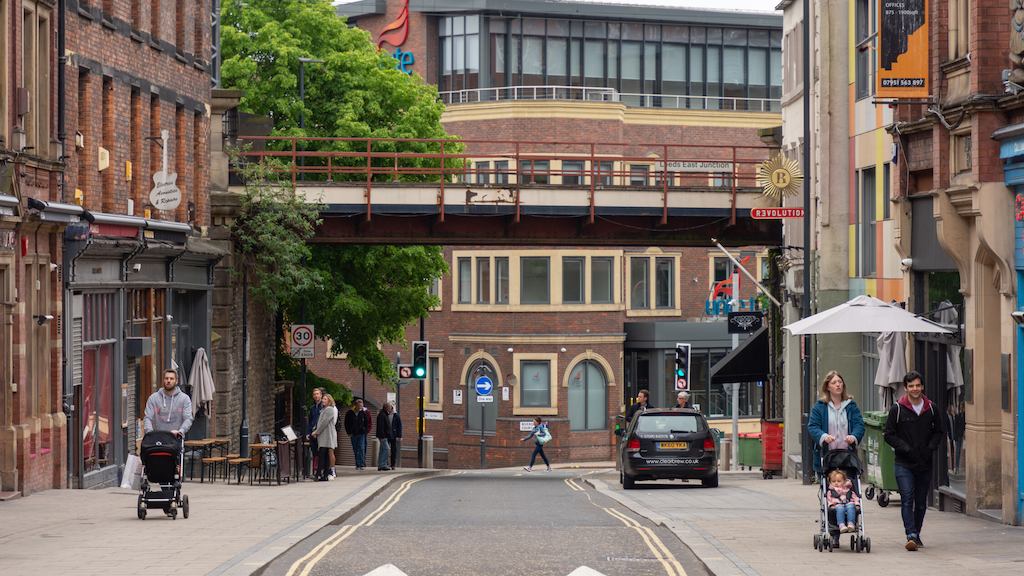Unfortunately the experiences and concerns of Gemma are not uncommon. She was one of the participants in Uncertain Futures – a unique art and research project exploring the inequalities facing women over 50 around work.
Uncertain Futures has taken place in Manchester since 2019. The work has been led by Ruth Edson at Manchester Art Gallery, artist Suzanne Lacy and research teams from the University of Manchester and Manchester Metropolitan University.
It’s also been supported by 14 Manchester women aged over 50, all leaders and activists in their communities, who have been instrumental in the study’s design and progress.
Uncertain Futures features contributions from 100 diverse women aged 50 to 80, two-thirds of them from minority ethnic backgrounds. They were interviewed about four areas related to work: experiences of accessing work; work experiences; exiting the workplace; and the Covid-19 pandemic impact.
Their lived experiences provide a vivid illustration of the data presented in the Centre for Ageing Better’s State of Ageing 2023/24 highlighting how specific groups of older adults are at particular risk of financial insecurity in later life.
This may be the result of fragmented work histories caused by labour market inequalities across life and the experiences of many women in Uncertain Futures confirm the data.
Just half of the women interviewed had an occupational pension. Consequently, they expressed fear about their futures.
We also found that inequalities based on migration status, disability, age, gender and race were the most significant obstacles to accessing work. And on top of that, some workplaces don’t accommodate people with disabilities, long-term health conditions or caring responsibilities.
For many, such as older female caregivers from minority ethnic backgrounds, inequalities intersect, ensuring that the effects on their ability to work are compounded.
Regardless of the reasons, fragmented work histories and part-time work mean many people have accrued little in the way of earnings or savings over their lifetime and have low levels of private and workplace pension provision.
And, of course, state pension on its own is insufficient. As shown in State of Ageing, pensioners who reply on a state pension are likely to be in deeper poverty than those with occupational pensions.
We also found that those in deep poverty are more likely to be living in rented accommodation, with significant implications for mental and physical wellbeing.
Nora (77) held part-time low-paid work until her 50s while caring for her adult daughter with learning disabilities. She is also a volunteer, from which she gains a great deal of satisfaction. But having provided this unpaid volunteer work for more than 22 years, she exemplifies the ‘volunteer trap’.
This refers to older women providing care and support beyond their own family but not being valued economically and living with many financial restrictions. “Money is tight,” says Nora, “but I'm very thrifty.”
Women interviewed for the Uncertain Futures project from asylum backgrounds were also frequently trapped in volunteer posts, unable to work or earn and without access to public funds.
The women we spoke to in this situation were desperate to find paid work:

